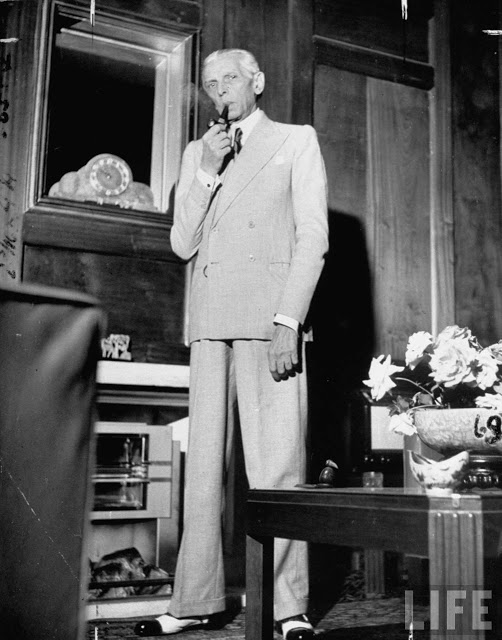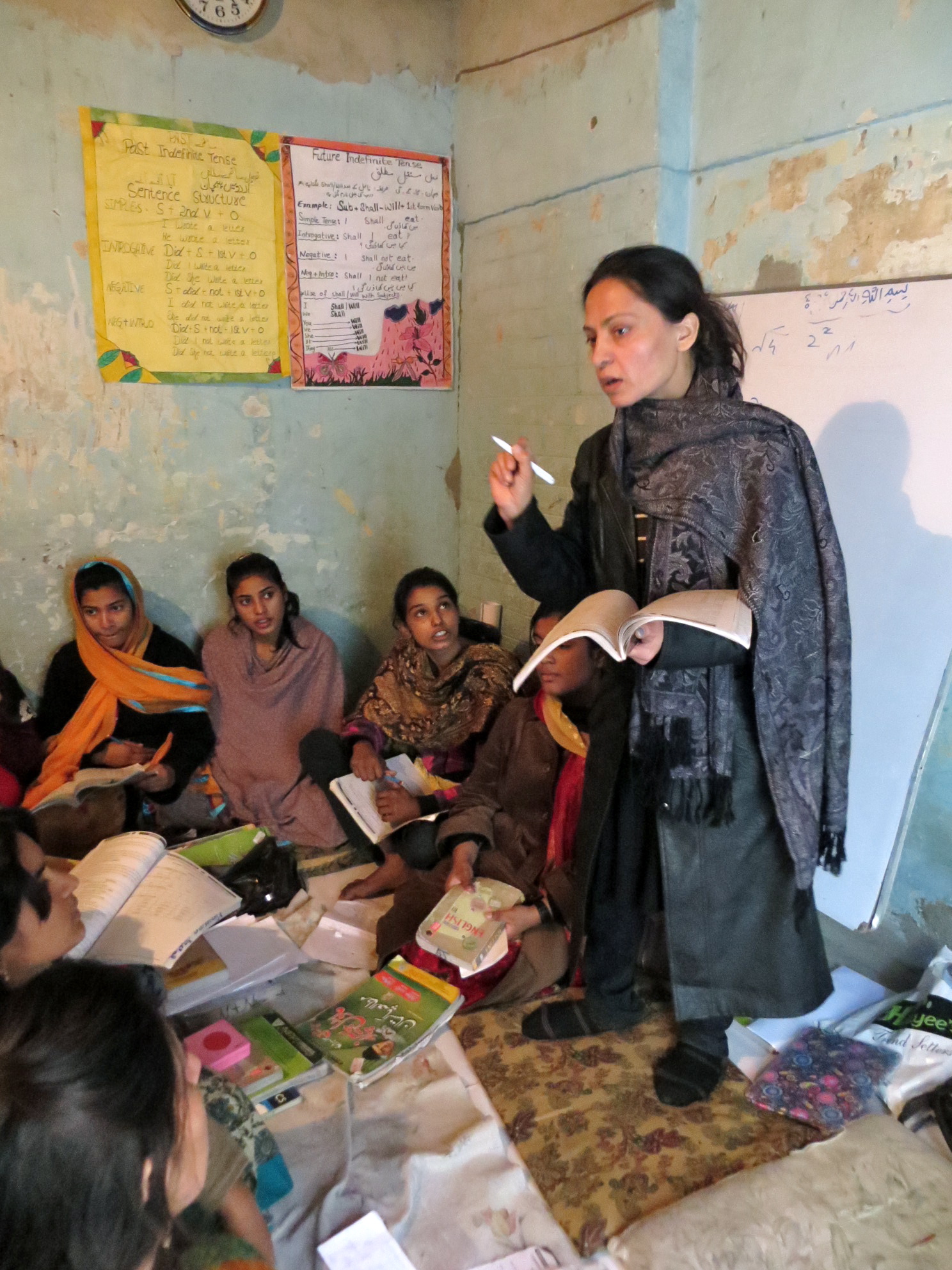“When the sky brightens and becomes blue, the drones return and so does the fear,” the thirteen-year-old told members of Congress at a briefing organized by Representative Alan Grayson, a Florida Democrat, yesterday. Zubair wasn’t always so anxious. Not even on that day when he was out collecting okra with his grandmother, siblings, and cousins in preparation for the Eid holiday.
“As I helped my grandmother work in the fields,” he said through a translator, “I could hear the drone hover overhead, but I didn’t worry. Why would I worry? Neither I nor my grandmother were militants.”
Read the rest of my article over at the Boston Review.















